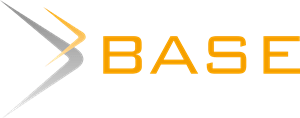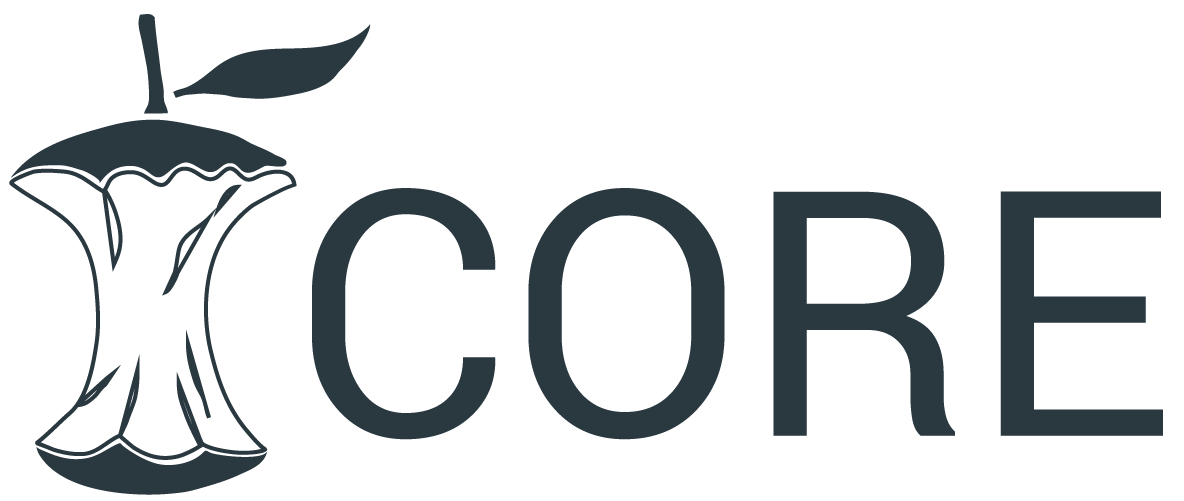Research in digital communication in the context of postmodernity: Challenges and new methodological perspectives
Synopsis
This chapter aims to examine the transformations that postmodernism has brought about in the field of digital communication research, its implications for the epistemological sphere, emerging communication practices, and methodological perspectives that guide researchers in the social sciences. Documentary analysis is used as a method, based on the literature consulted under the following criteria: relevance of the topic, current publications, and methodological proposals for addressing the object of study. To this end, a systematic review was conducted in databases such as Web of Science, WOS, Scopus, and Google Scholar. The study reveals that, given the role of subjectivity in the context of postmodernism and the existence of various media practices such as post-truth, infocracy, framing, and the Brandolini principle, research in digital communication requires a broadening of study perspectives, as well as different paradigmatic and methodological perspectives that allow us to scrutinize the complexity and diversity of contemporary communication phenomena. Traditional research methodologies, based on objectivity and the search for universal truths inherited from positivism and emphasizing verifiable and quantifiable truths, while still fundamental in scientific studies, must also expand their analytical spectrum to an environment where subjectivity and plurality gain relevance. The combination of qualitative and quantitative methods is essential to understanding this complex environment. Therefore, one of the challenges facing researchers in digital communication and social science in general is to acquire the tools that allow them to conduct critical, interpretive, and holistic analysis, to unravel the strategies at work in the intentions of senders, the construction of messages, and audience behavior.
Published
Online ISSN
Categories
License

This work is licensed under a Creative Commons Attribution-NonCommercial-ShareAlike 4.0 International License.










